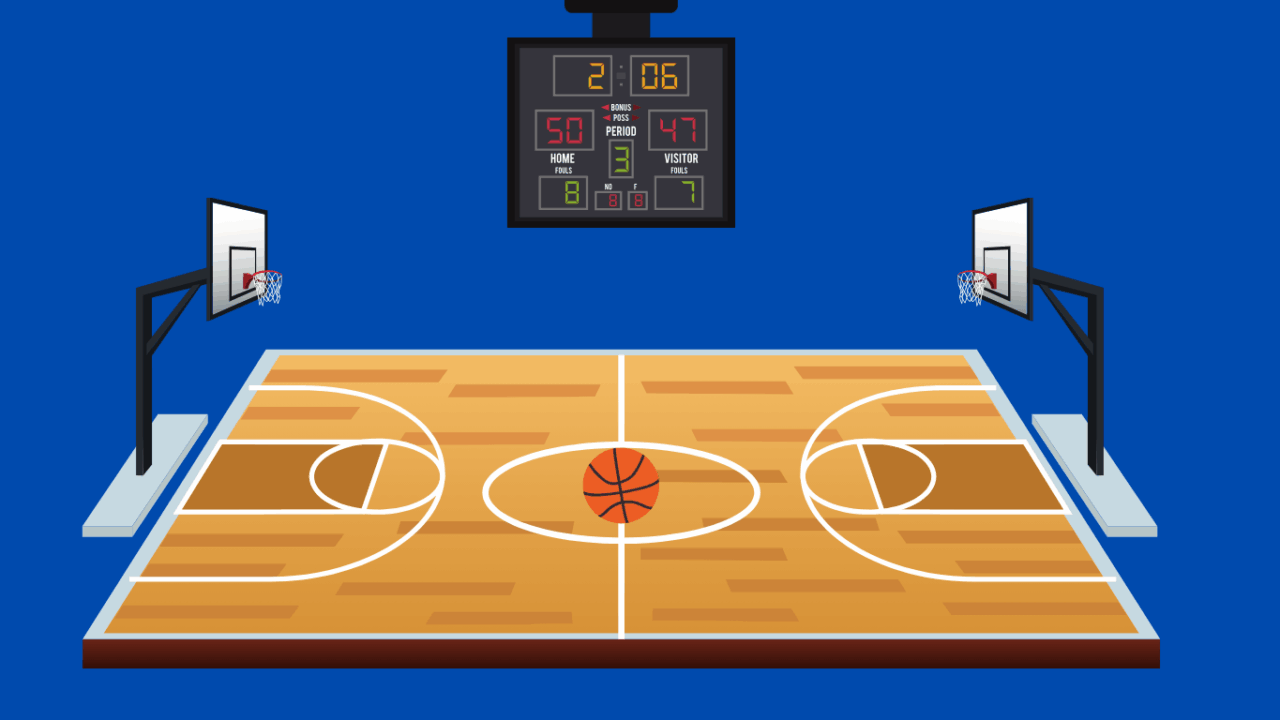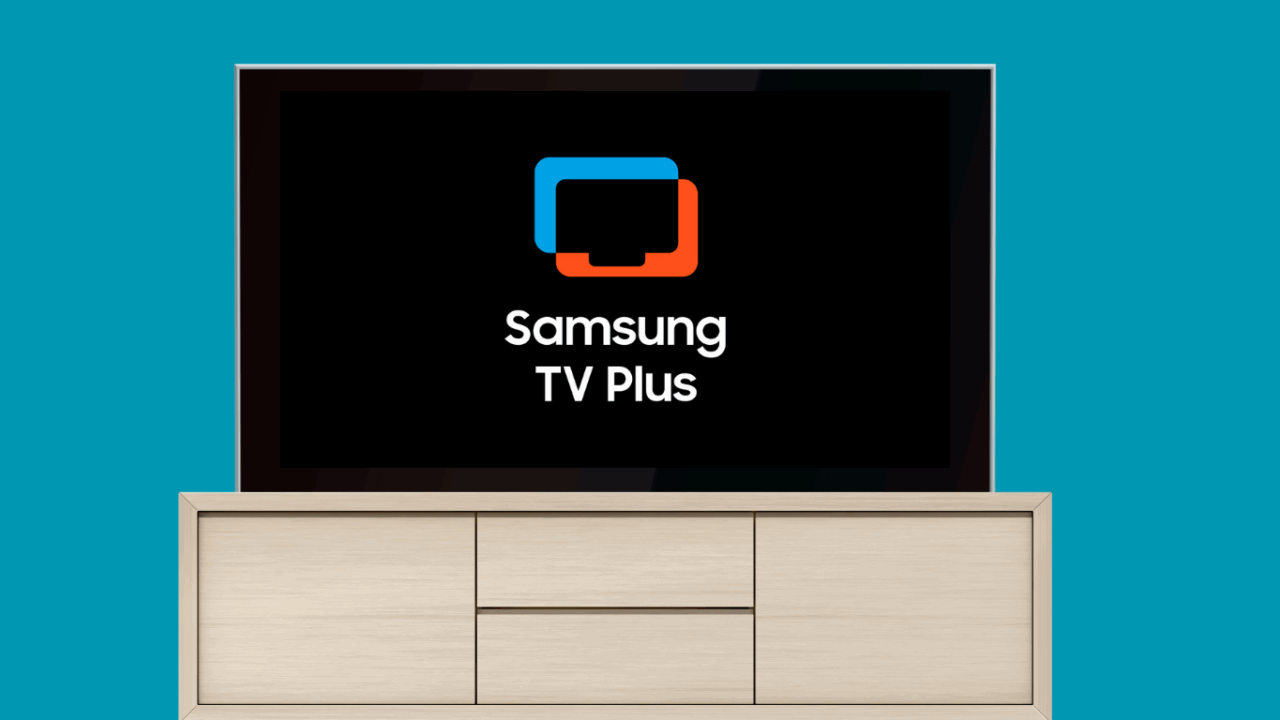
Remember Napster? It was the music file-sharing platform that faced legal action from major music labels before becoming the first legal way to purchase music digitally. Recently, it was acquired by Infinite Reality in a $207 million deal.
Through this deal, the parent company aims to position Napster as a distinct social music platform that emphasizes active fan engagement rather than passive listening. This approach will enable artists to connect with their fans, take ownership of that relationship, and monetize it effectively. The company will leverage Infinite Reality’s immersive technology and AI-driven tools to enhance this experience.
Jon Vlassopulos, CEO of Napster, said the company’s strategy is to attract Gen Z and Gen Alpha by creating branded 3D virtual spaces, hosting virtual concerts, and selling digital content. These environments will host virtual concerts, social listening parties, and other immersive experiences that resonate with younger audiences who crave engaging digital content.
“Gen Z and Gen Alpha have grown up on 3D immersive platforms like Roblox and Fortnite but currently no DSP offers them similar experiences where they can listen to their favorite music with friends, connect with other like-minded fans, and check out virtual concerts from their favorite artists,” said Vlassopulos. “Napster plans to be first to market to give these rabid fans the experience that they expect from a 21st century social music platform.”
Napster has already launched various initiatives to enhance connections between artists and fans, and it will continue to build on these efforts, utilizing Infinite Reality’s extensive suite of immersive tools.
Napster aims to reclaim its status as a defining pop culture entertainment brand for the 21st century by focusing on immersive experiences and direct interactions between artists and fans. With the current generation seeking authenticity, the brand is committed to connecting with them in a authentic way, avoiding any approaches that may seem pandering or off-putting.
Additionally, Napster plans to support a diverse range of participants and vendors, including DJs, labels, brands, magazines, venues, radio stations, and influencers, enabling them to participate directly in the music industry’s economics for the first time.
“Younger audiences [prioritize authentic interactions] with creators,” said Vlassopulos. “Napster’s new model facilitates direct communication between artists and fans within immersive environments, fostering genuine connections that resonate with Gen Z and Gen Alpha’s desire for meaningful engagement with their favorite artists.”
Napster is not the only music platform rebranding to distance itself from its past. Another file-sharing platform, LimeWire, which was shut down in 2010 after a four year legal battle, returned in 2022 as an AI-powered platform focused on content creation and sharing.





